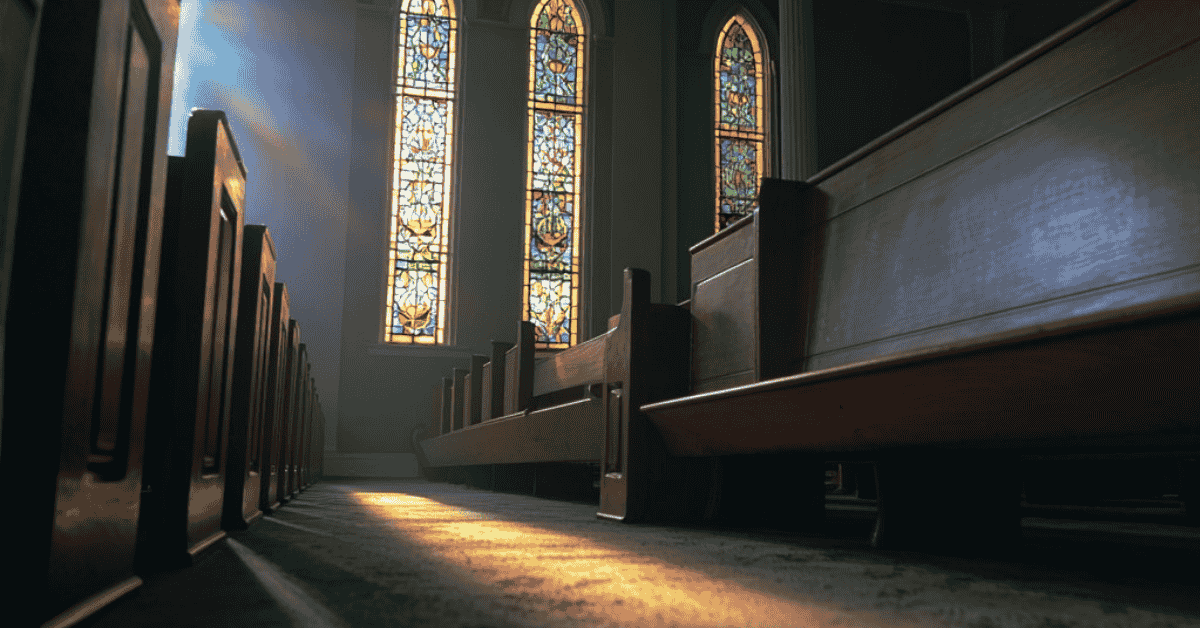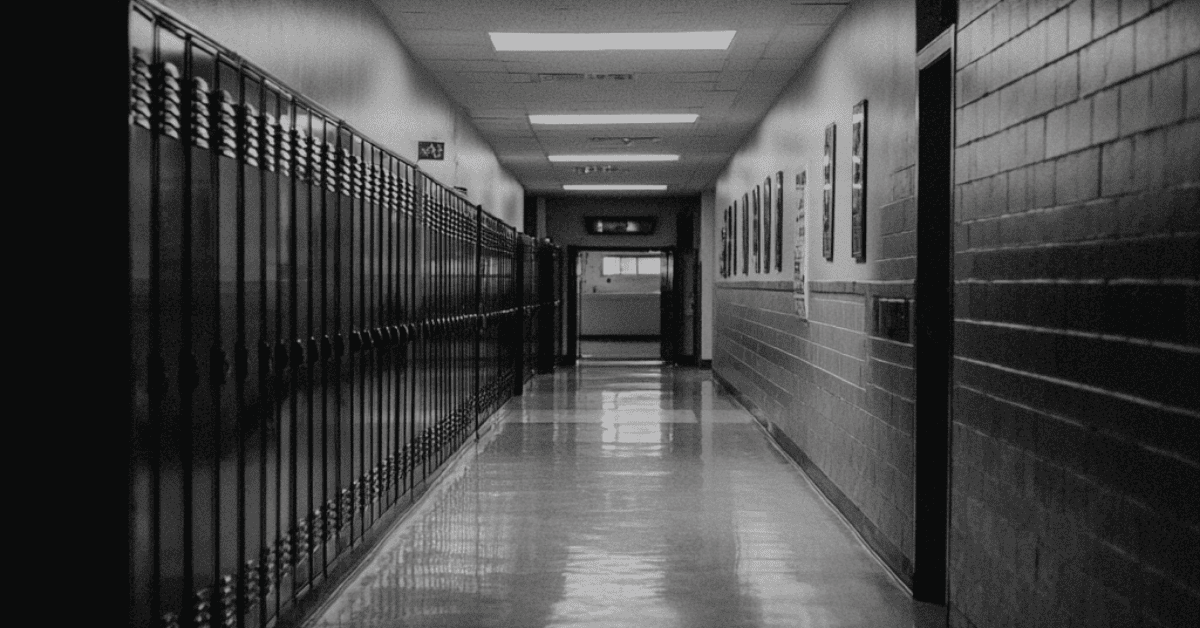More Than 700 Abusers — What the SBC Secret List Means for Survivors Today
You don’t forget a name — not one that changed your life in a way you never asked for.
When the Southern Baptist Convention (SBC) released a secret list of over 700 pastors, staff, and volunteers credibly accused of sexual abuse, survivors across the country stared at it in disbelief. Some saw the names of their childhood abusers. Others scrolled for hours, not sure what they hoped to find — or feared to. And in Arkansas, the echoes of those names carried a specific weight.
If you recognized someone on that list, or if you’re afraid to look at all, you’re not alone. The SBC may have kept those names in the dark for years, but your truth matters — and it’s not too late to speak it.
This isn’t just a historical document. It’s a turning point.
👉 Southern Baptist Church Abuse Cases
What Is the SBC Secret Abuse List?
For decades, survivors and advocates accused SBC leadership of quietly protecting known abusers. But in 2022, pressure reached a boiling point. A third-party investigation revealed that SBC officials had maintained a private, internal document listing hundreds of individuals credibly accused of sexual abuse — many of them church leaders.
The list includes over 700 names, with varying levels of detail — some include dates, roles, and the nature of the accusations. Others simply state the person was accused and quietly removed or allowed to resign.
“Credibly accused” doesn’t mean convicted in court. It means there was enough evidence or multiple reports to warrant belief — and still, the church didn’t act transparently.
The question survivors have asked for years now has an answer: Yes, they knew. And they kept it quiet.
Is My Abuser on the SBC List?
It’s a terrifying question — and a deeply personal one.
If someone harmed you in a Southern Baptist church or affiliated setting, you can check the SBC list. It’s publicly available online and organized alphabetically by last name, with some identifying information.
Some survivors go looking and find a name immediately. Others can’t bring themselves to look — or worry what it would mean if they did.
There’s no right way to feel about it. Seeing a name might feel like vindication. Or it might reopen wounds you’ve tried hard to live with.
But here’s what matters: If they’re on that list, you’re not crazy. You’re not alone. And you’re not without options.
What It Means If Someone You Know Is Listed
The list isn’t just a spreadsheet. It’s proof that others spoke up. That your story isn’t isolated. And that the SBC failed to protect people it was supposed to serve.
If someone you recognize is on that list — whether it’s a former pastor, family friend, or youth group leader — you may have legal rights now that you didn’t have before.
Legal Options for Survivors
Depending on your age at the time of the abuse, how long ago it happened, and where it occurred, you may be able to:
- File a civil lawsuit against the abuser or institution
- Join or initiate a group claim
- Seek compensation for therapy, lost wages, pain and suffering
- Help hold the institution accountable through legal channels
Even if the abuse happened decades ago, there may still be a path — especially if the abuser was part of a known cover-up. Arkansas laws can be complex, but they aren’t always final. Sometimes a single brave survivor stepping forward reopens a case others thought long closed.
This is where speaking to an attorney who understands SBC-related claims matters. Not just any lawyer — someone who knows the nuances of religious institutional liability and trauma-informed representation.
SBC Secret Abuse List Cases in Arkansas
Though the SBC is a national organization, its influence in Arkansas is deep. Churches in Little Rock, Fayetteville, Jonesboro, and rural areas alike have long been affiliated with the convention.
And yes — there are names connected to Arkansas on the list. Some served in state churches. Some moved here after accusations elsewhere. In some cases, churches allowed quiet resignations and passed abusers to other congregations.
This is more than a national story. It’s a local one, too.
If you’re a parent whose child was harmed by someone in a Baptist church, or a survivor looking back at your own childhood in Arkansas, you’re not alone.
👉 How Parents Can Help a Child Recover
How to Report Abuse or Come Forward Now
If you recognized someone on the list — or suspect someone who isn’t yet listed — you can still act.
Even if the abuse happened years ago, reporting it now can:
- Help protect others
- Create a paper trail that may support civil or criminal claims
- Encourage other survivors to speak out
Who to Contact:
- Local law enforcement — for reporting crimes
- Licensed therapists or trauma counselors — for processing the experience safely
- Attorneys familiar with SBC and church abuse cases — for exploring your legal rights privately and confidentially
It’s okay to ask questions before deciding. You don’t have to file anything right away. But you do deserve to know your rights — and have your story heard.
Support for SBC Victims & Survivor Stories
We’ve seen the emotional toll these stories carry. Survivors often spent years questioning their memories, doubting their pain, and wondering if anyone would ever believe them.
Then one day, their abuser’s name shows up on an official list.
It changes everything — and it changes nothing. The pain is still there, but so is the validation.
Healing isn’t linear. For some, sharing their story publicly is empowering. For others, just knowing they were right is enough. You get to decide what healing looks like.
If you’re ready to connect with others, trauma-informed therapists and survivor support networks can be life-changing. Some survivors have begun speaking out — anonymously or publicly — to reclaim their voices and give others the courage to do the same.
👉 The Impact of Childhood Sexual Abuse on Health
Final Thoughts
The SBC secret list isn’t the end of the story. It’s the start of something different.
If you saw a name you recognize, or even just felt the weight of possibility, you are not alone. You are not crazy. And you are not powerless.
Whether you want to talk, take legal action, or just understand what’s possible — you deserve answers.
The truth is no longer hidden. And neither are you.



